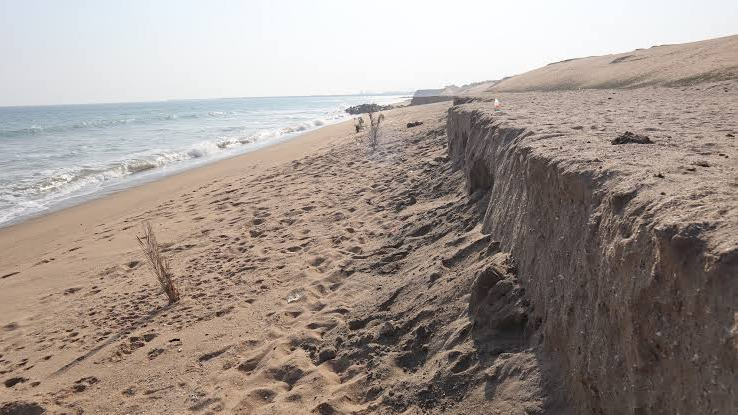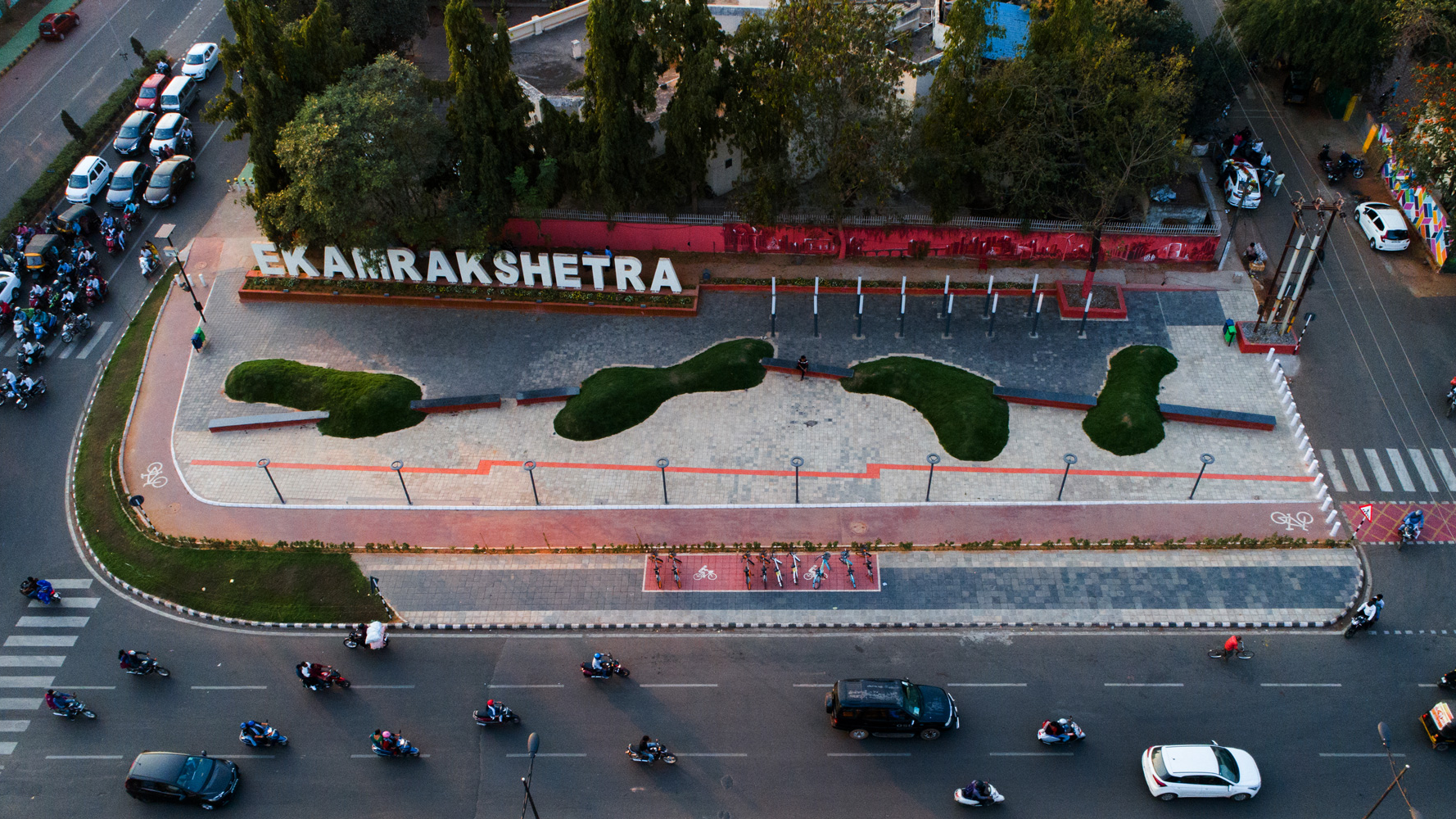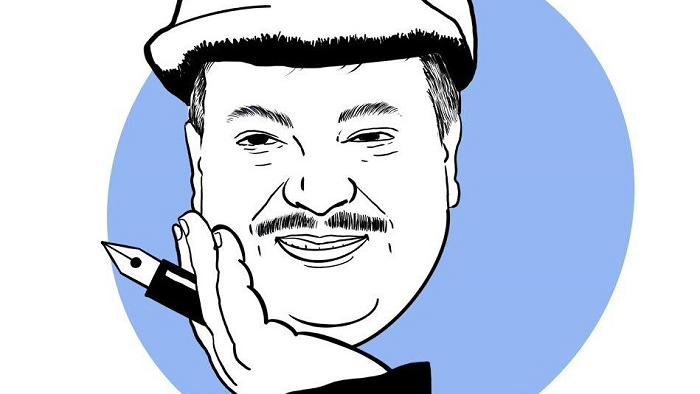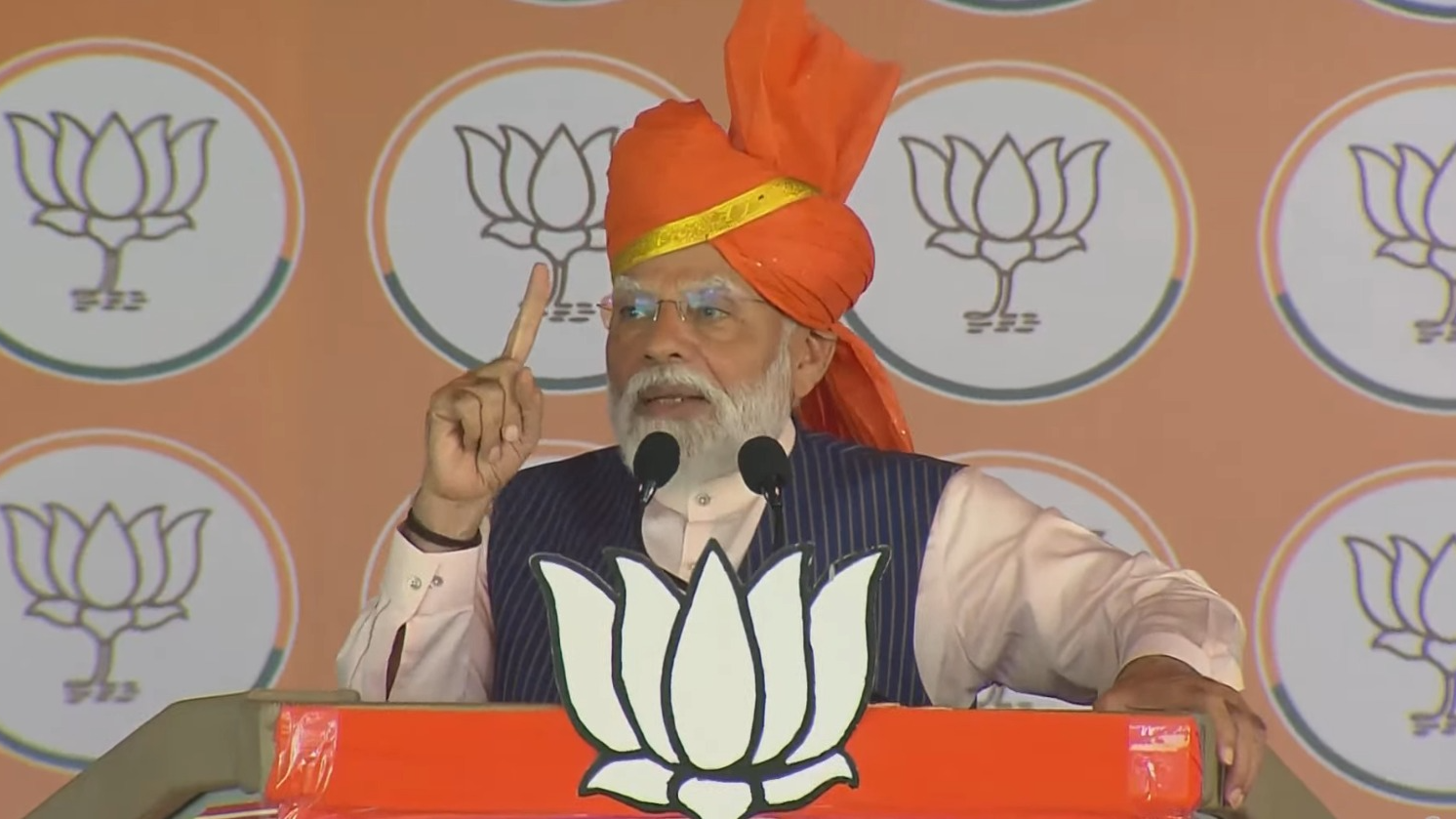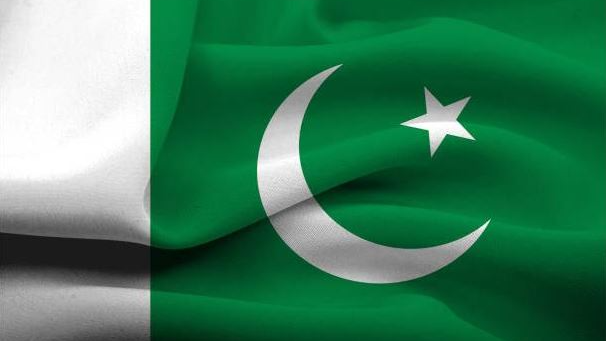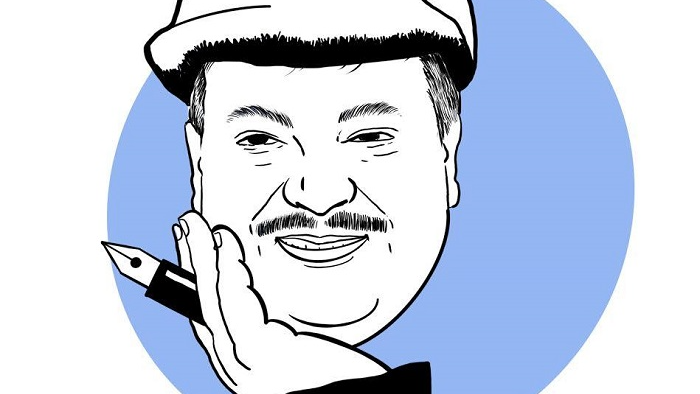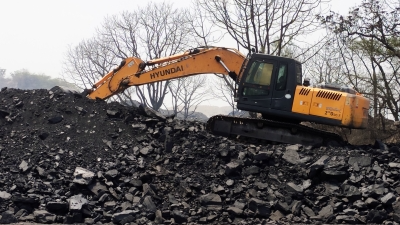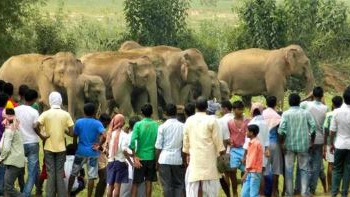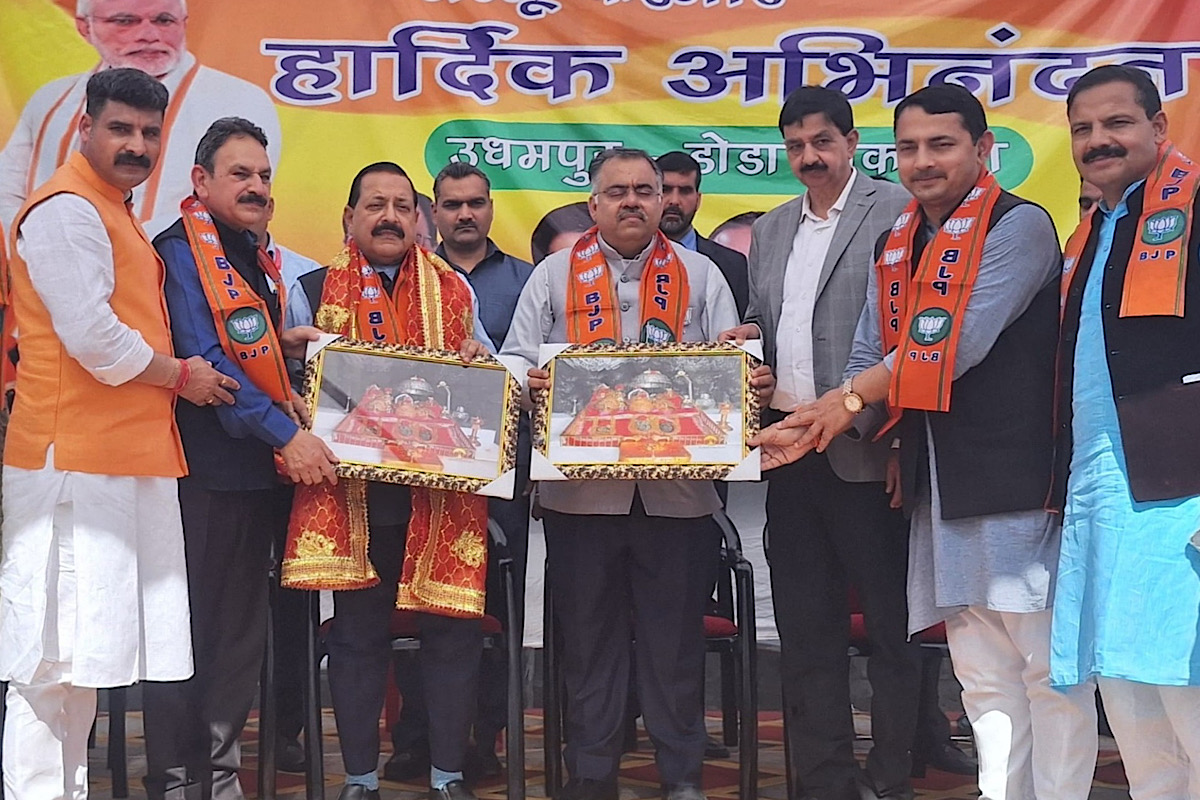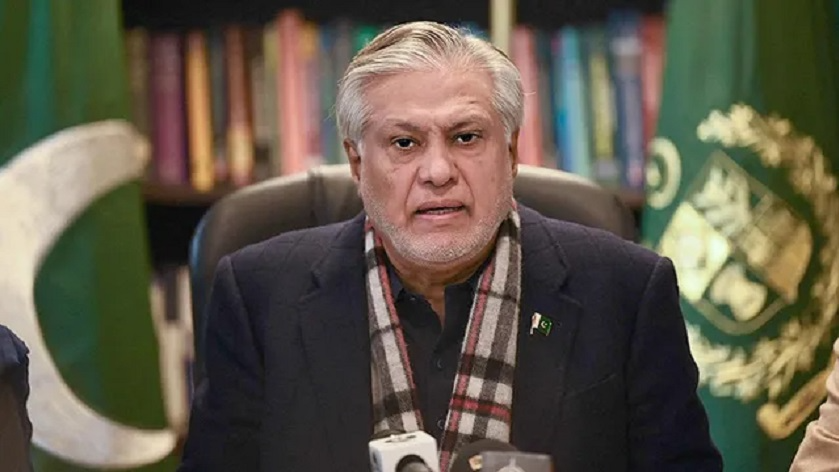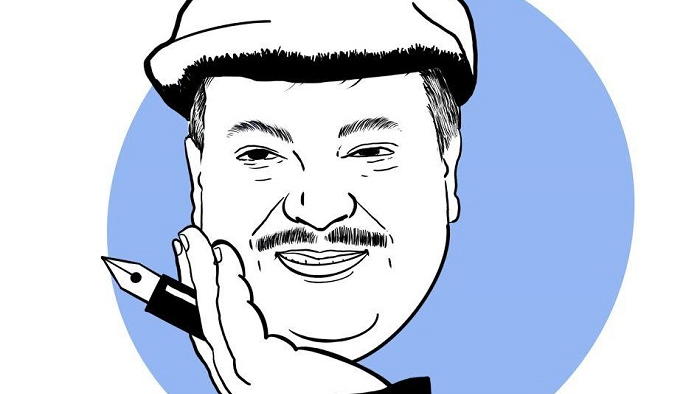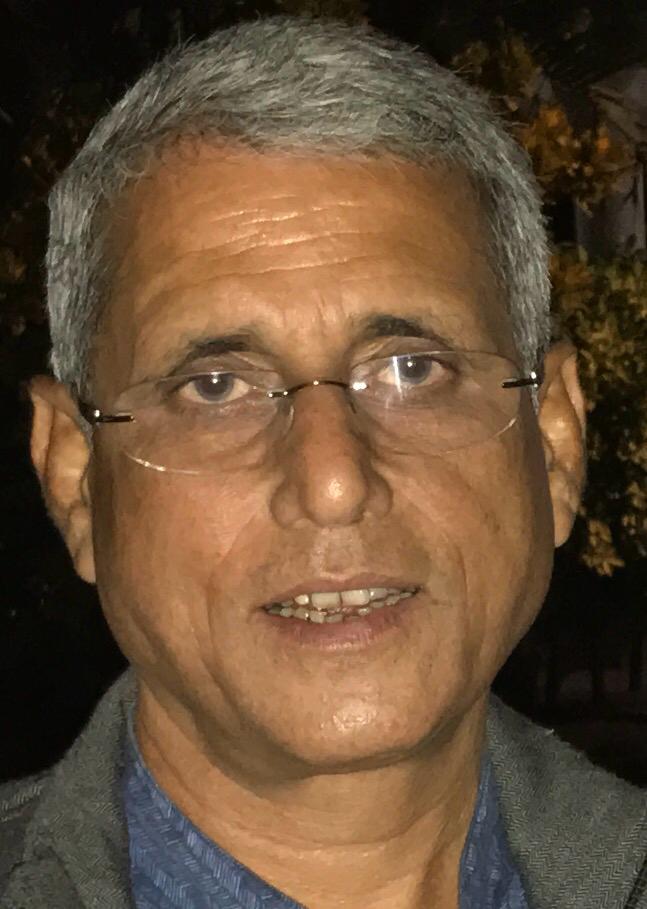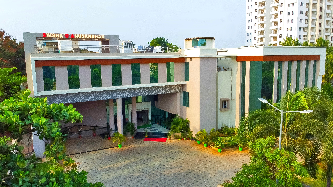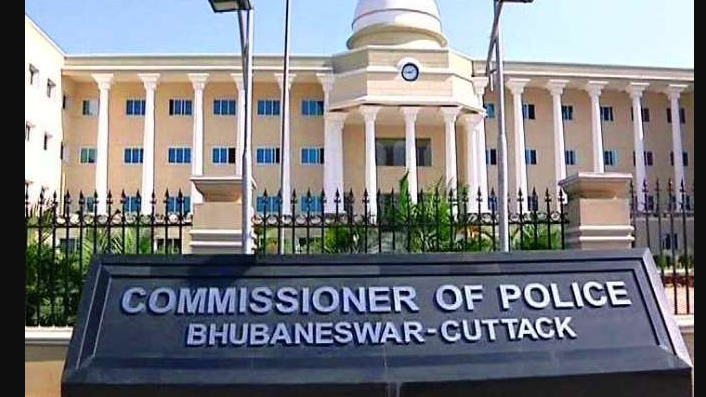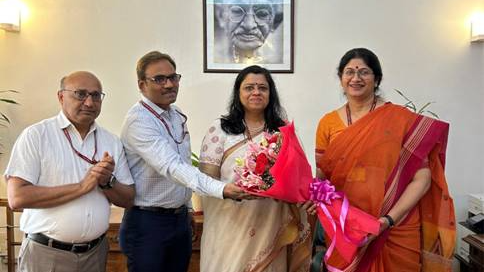Pakistan caught in its own trap in talks with TTP, spells dangers for India
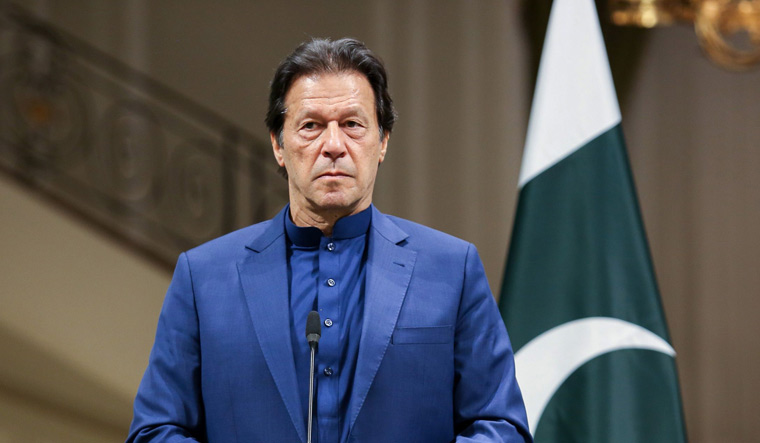
By Arun Joshi More than anywhere else, it is within Pakistan opposition to talks with the terrorist group Tehreek-e-Taliban Pakistan is getting louder, asking the government to explain the logic for negotiations with the terror group which of other crimes is guilty of massacring 147 school children in Peshawar, and many other unspeakable atrocities. These talks have revealed the new mindset of the Imran Khan government as it is unhesitant in going to any extent to please and appease the terrorists. Terrorists, as and when they are appeased, become stronger and increase their activities. As it is evident that the current government in Islamabad is seeking to buy peace with a section of the TTP. First the way talks are being held are laying new parameters for government-terrorists dialogue, where there is no clarity as to what the terms and conditions are. Secondly, there is a big question, what will Pakistan do with the TTP cadre who would agree to the ceasefire and at what cost. As is Pakistan’s tendency to divert the terrorists to the neighbouring countries, India has reasons to worry. it should be watching the whole scenario for its own security and the strategic fallout in the region. Pakistan’s Prime Minister Imran Khan had announced that the government was negotiating with the TTP, and now these negotiations shrouded in extreme secrecy, have become a subject of a major debate in Pakistan as the people are unable to understand the logic behind this, for what all they know is that the terrorists were responsible for the killing of thousands of fellow Pakistanis. Talks with terrorist groups are held, as it happens elsewhere in terrorism-hit places in the world, to achieve peace and security for the public. The two sides reach a stage of sitting across the table to sort out the matters with their respective pluses and minuses only when they feel the need to do so and know what all they can bargain for. This always happens in give and take spirit. On the government part, these kind of talks are held when the government is either unable to tame the terrorists and restrict their area of operation, and terrorists choose table only when they are marginalized and lose public sympathy or support., or when they feel that they can extract concessions from the government owing to their gun and bomb power. What all is true of these premises is not clear with regard to TTP- Islamabad talks. The most mystifying thing about these talks is the contradictions within the Pakistan government as to why it is holding talks with the TTP, for it profiles group in contradictory terms – it is a terrorist group and then they are our own people, followed by other argument that talks are being held with those who are willing to come back to the mainstream to honour the Constitution. This leaves a possibility that there may be others in the group, who are opposed to the talks. This also opens up the possibility of continued conflict. Before the Taliban takeover of Afghanistan, Pakistan had been claiming that the “Ashraf Ghani government and the Indian agencies” were behind the terror activities of the TTP. And soon after Taliban‘s takeover of Afghanistan in mid-August, it said that the TTP was in disarray because its support has dried up. In other words, it meant that the TTP has got dismantled and is left with no power to strike, but things worked in reverse. The TTP intensified its attacks on Pakistani soldiers and mounted a serious challenge to the notion of security that Islamabad had acquired after the mid-August turn of events in Afghanistan Pakistan’s claims about the TTP, its support from the Ashraf Ghani government proved fake. The TTP is associated with al-Qaeda, through Haqqani network. Pakistan knew this fact, but it sought to deflect the world attention from the real culprits because it could not shun its obsession of India. The events, in the post-Taliban take over in Afghanistan, brought into focus the ground realities that TTP was having support from Pakistani establishment itself which is working at cross-purposes with the government. One section is wanting to show that they are superior over others, but at the same time others are doing everything possible to dethrone the civilian government to show that how it was working against the people. At its heart, is the contest for supremacy between the army and the civilian leadership, with latter overstepping its limits, which it should have known, going by the history of Pakistan. Since its creation in one of the bloodiest sessions in the world history, it has not accepted the supremacy of the civilian leadership. It would be more appropriate to say, Pakistan was unable to honour its democratic institutions. Truer is the fact, that the democracy never took roots, therefore did not flourish in Pakistan. Although the fissures between the Pak army and Imran Khan had been going on for quite some time, but these came into open with the Prime Minister not accepting the nomination Lt. Gen. Nadeem Anjum as the new ISI chief on October 6, the day it was announced. He took his time, after a façade of series of interviews as if this was a selection process for some new posts. Imran failed to understand the fact that he is not the recruiter or the appointing authority of Generals for important positions. It is not his domain, nor it ever was series of interviews and façade of transparency were so unconvincing that the people saw through it, so did the rest of the world. About the Author: Arun Joshi is a senior journalist based in J&K. He has worked with Hindustan Times, Times of India, Indian Express, and The Tribune. He has authored “ Eyewitness Kashmir: Teetering on Nuclear War” and three other books. DISCLAIMER This is the personal opinion of the author. The views expressed in this write up have nothing to do with it.
Latest News
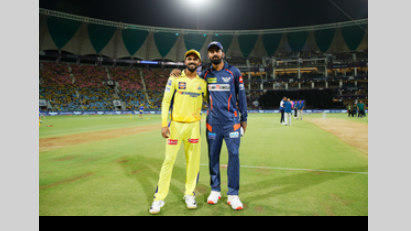
IPL 2024: Hosts LSG ask CSK to bat first in Lu...
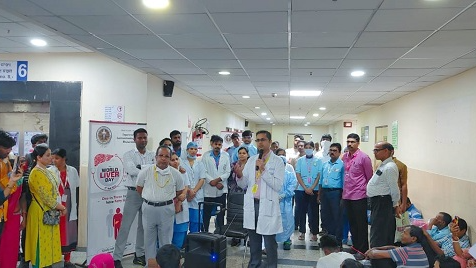
Patient awareness and interaction programme ma...
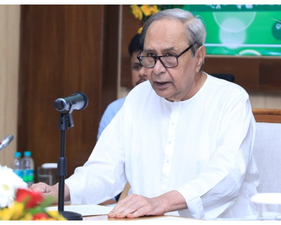
Jharsuguda boat capsize: CM announces Rs 4 lak...

IPL 2024: Hardik fined for MI's slow over-rate...
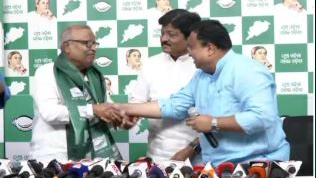
Veteran Bijay Ketan joins BJD

Olympic Trials: Shooters Esha, Bhavesh dominat...

IPL 2024: Resurgent DC to face SRH at Kotla to...
Copyright © 2024 - Summa Real Media Private Limited. All Rights Reserved.










